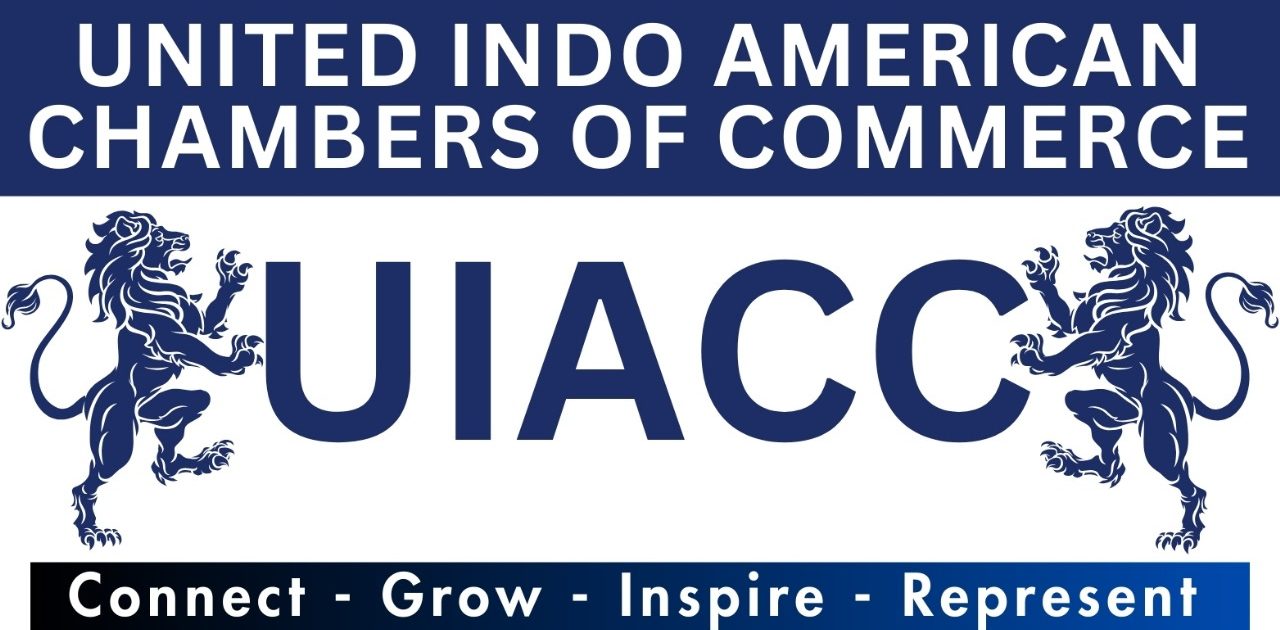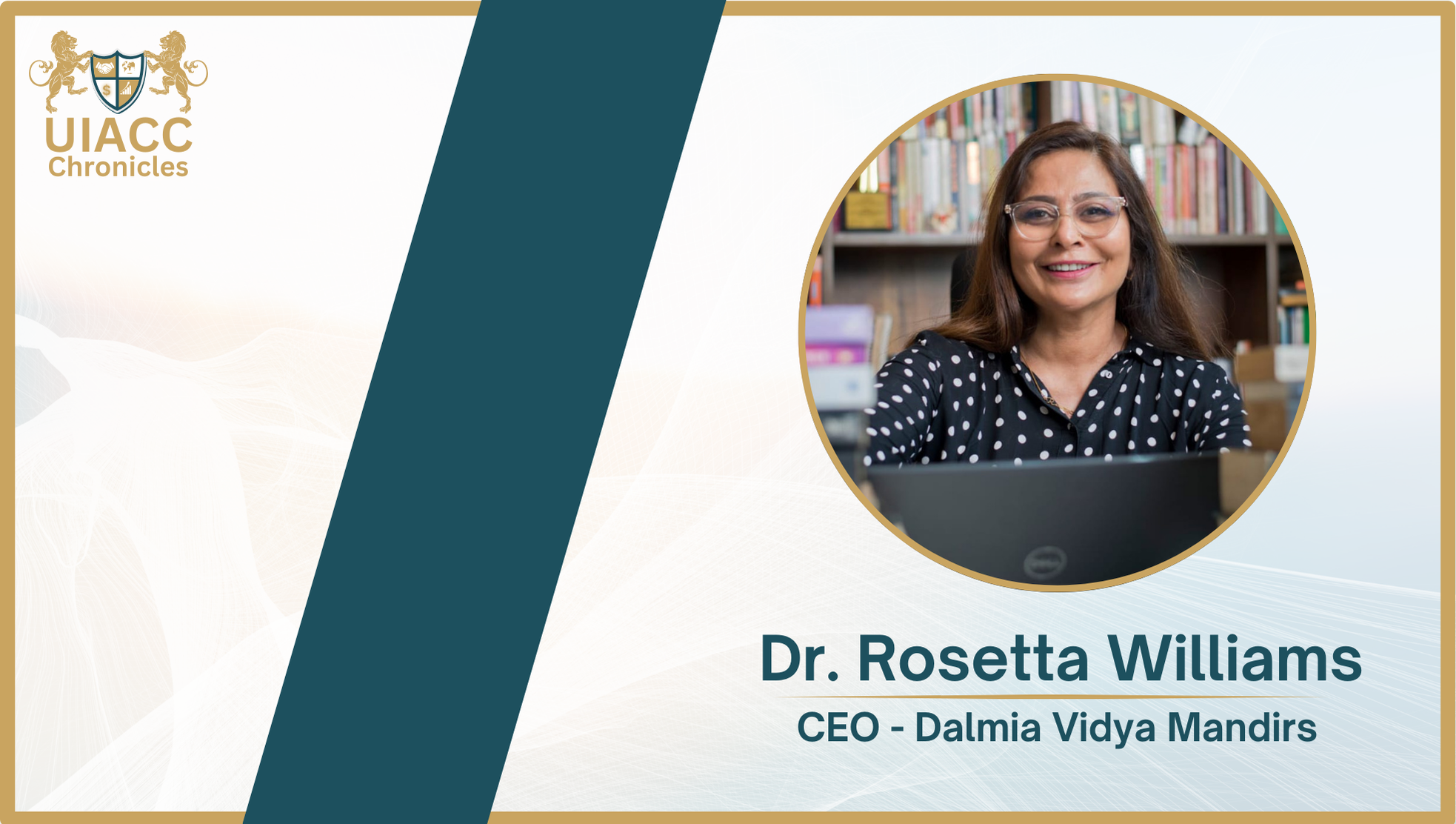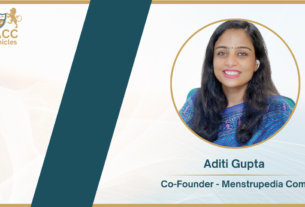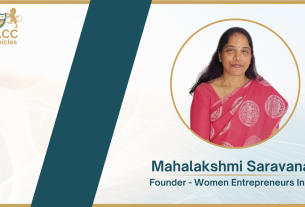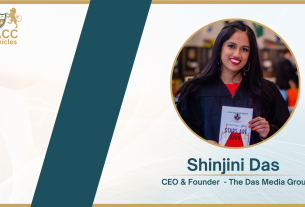Interview with Dr. Rosetta Williams: Pioneering Excellence in Education Leadership
Q: Dr. Williams, you have an impressive career spanning over 28 years in the field of education. What inspired you to pursue a career in education, and how did your journey begin?
Dr. Rosetta Williams: My journey in education started with a deep passion for learning and a desire to make a meaningful impact on young minds. From an early age, I was inspired by the transformative power of education and its ability to shape not just individuals but entire communities. Over the years, this passion evolved into a commitment to lead and innovate within the education sector. My career began in teaching, but as I gained experience, I realized that I could contribute more by taking on leadership roles. This led me to manage and lead educational institutions, develop new academic ventures, and formulate policies that could bring about real change.
Q: You’ve managed and led educational institutions across India and abroad. Could you share some of the key challenges you’ve faced in these roles and how you’ve overcome them?
Dr. Rosetta Williams: One of the biggest challenges in leading educational institutions is ensuring consistency and quality across multiple locations, especially in a diverse country like India. Each location comes with its own set of cultural, economic, and social dynamics, which can impact the way education is delivered and received. To overcome this, I’ve focused on creating a strong, unified vision for each institution while allowing for flexibility to adapt to local needs. Another challenge is managing change, particularly when introducing new academic ventures or updating existing curricula. It’s essential to bring all stakeholders—teachers, students, parents, and administrators—on board through clear communication and robust training programs. My approach has always been to lead by example, to be hands-on in the early stages of implementation, and to ensure that the changes are sustainable in the long term.
Q: Your expertise in curriculum development spans various educational boards, including CBSE, ICSE, IGCSE, A-Levels, and the IB Diploma Program. How do you approach creating curricula that meet the diverse needs of these different educational frameworks?
Dr. Rosetta Williams: Developing curricula for multiple educational boards requires a deep understanding of each board’s unique requirements and standards. My approach is to first thoroughly analyze the academic goals and learning outcomes specified by each board. From there, I work on designing curricula that not only meet these standards but also foster critical thinking, creativity, and holistic development in students. It’s important to ensure that the curriculum is student-centric, providing opportunities for active learning and real-world application. Additionally, I place a strong emphasis on teacher training, as the success of any curriculum largely depends on how effectively it is delivered. I believe in continuous professional development for educators to keep them updated with the latest teaching methodologies and best practices.
Q: In your role as CEO at DALMIA VIDYA MANDIRS, you are responsible for both vision and operational leadership. How do you balance these two critical aspects of your role?
Dr. Rosetta Williams: Balancing vision and operational leadership is indeed a challenging aspect of my role, but it’s also what makes the work so fulfilling. Visionary leadership involves setting a long-term direction for the organization—articulating a clear mission, defining strategic goals, and ensuring that everyone is aligned with the overall purpose. On the other hand, operational leadership is about translating that vision into actionable plans, overseeing day-to-day activities, managing resources efficiently, and ensuring that we are meeting our targets. I balance these by staying closely connected to both the big picture and the details. Regular communication with my team, continuous monitoring of progress, and being open to feedback are key strategies I use to ensure that our vision is effectively realized in our operations.
Q: With your extensive experience in P&L management, operations, and HR, how do you ensure that the institutions you lead are not only educationally successful but also financially sustainable?
Dr. Rosetta Williams: Financial sustainability in educational institutions is crucial for their long-term success. My approach to P&L management is rooted in strategic planning and careful resource allocation. It’s important to have a clear understanding of the revenue streams and costs associated with running an institution, and to make informed decisions that align with our educational goals. I focus on optimizing operations, reducing unnecessary expenditures, and exploring new revenue opportunities, such as introducing new programs or expanding our reach. At the same time, I ensure that any financial decisions we make do not compromise the quality of education we provide. The goal is to create a balanced, sustainable model that supports both our educational mission and our financial health.
Q: You’re recognized as an entrepreneurial leader with strong business acquisition skills. How do you see the role of entrepreneurship in education, and what advice would you give to aspiring education leaders?
Dr. Rosetta Williams: Entrepreneurship in education is about being innovative, adaptable, and forward-thinking. It’s about identifying opportunities for growth, embracing new technologies, and continuously seeking ways to enhance the learning experience. For aspiring education leaders, my advice would be to cultivate an entrepreneurial mindset—be open to new ideas, take calculated risks, and always keep the needs of your students at the forefront. It’s also important to build strong relationships with all stakeholders and to be a lifelong learner yourself. The field of education is constantly evolving, and leaders need to be proactive in staying ahead of the curve.
